Basic Math Skills Building Vocabulary Worksheets for Ages 3-4
7 filtered results
-
From - To
Discover our engaging "Basic Math Skills Building Vocabulary Worksheets" designed for children aged 3-4! These worksheets are perfect for introducing early learners to essential math concepts through interactive activities that promote vocabulary development. Each worksheet combines fun elements with core math skills, helping young children recognize numbers, shapes, and simple equations. By exploring colorful images and easy-to-follow exercises, kids will build their confidence and love for math. Ideal for home or classroom use, these resources provide a foundational understanding of math while expanding language skills. Spark your child's interest in learning and watch them thrive with our thoughtfully crafted worksheets!
Building a strong vocabulary in basic math skills for children aged 3-4 is crucial for their cognitive and linguistic development. At this age, children are actively absorbing language and concepts around them, making it an ideal time to introduce math-related vocabulary. Terms like "more," "less," "big," "small," "count," and "shape" lay the groundwork for understanding more complex mathematical ideas later on.
Parents and teachers should prioritize this vocabulary building because it not only enhances children's ability to articulate their thoughts about numbers and shapes but also fosters critical thinking. When children can name and describe mathematical concepts, they become more confident in their problem-solving abilities and better equipped to understand the world around them.
Additionally, integrating basic math vocabulary into daily activities—through play, stories, and discussions—creates a natural learning environment that sparks interest and curiosity. This approach helps instill positive attitudes toward math from an early age, promoting lifelong learning.
Investing time in basic math skills vocabulary also supports early literacy development, as many mathematical concepts are intertwined with language skills. Ultimately, this foundational knowledge will empower children to navigate future academic challenges and enhance their overall cognitive growth.

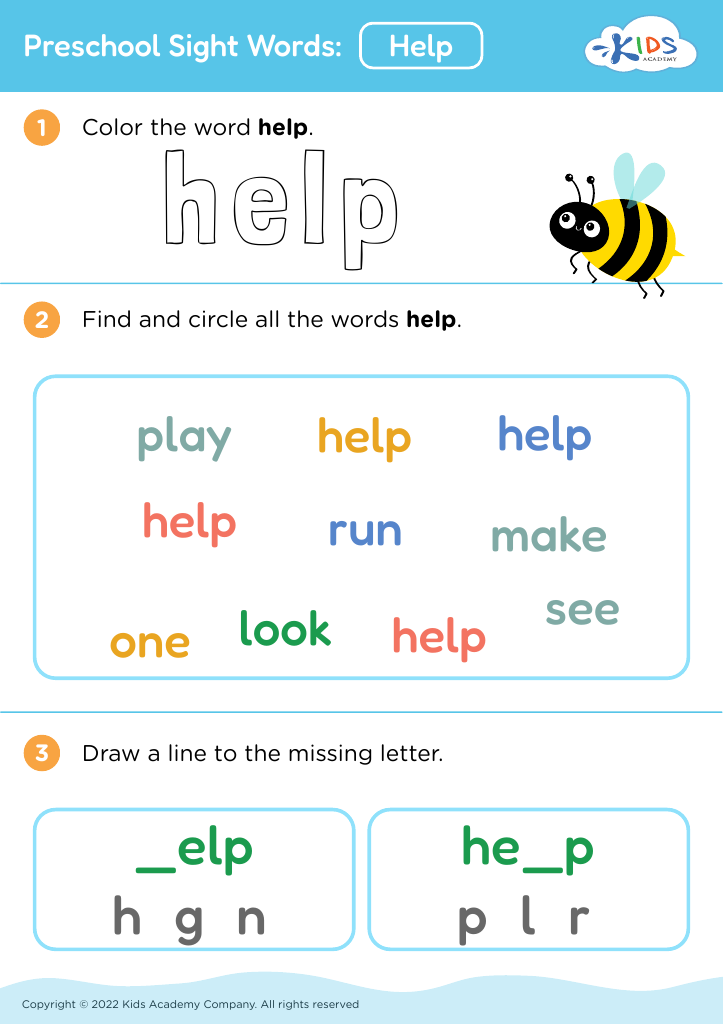











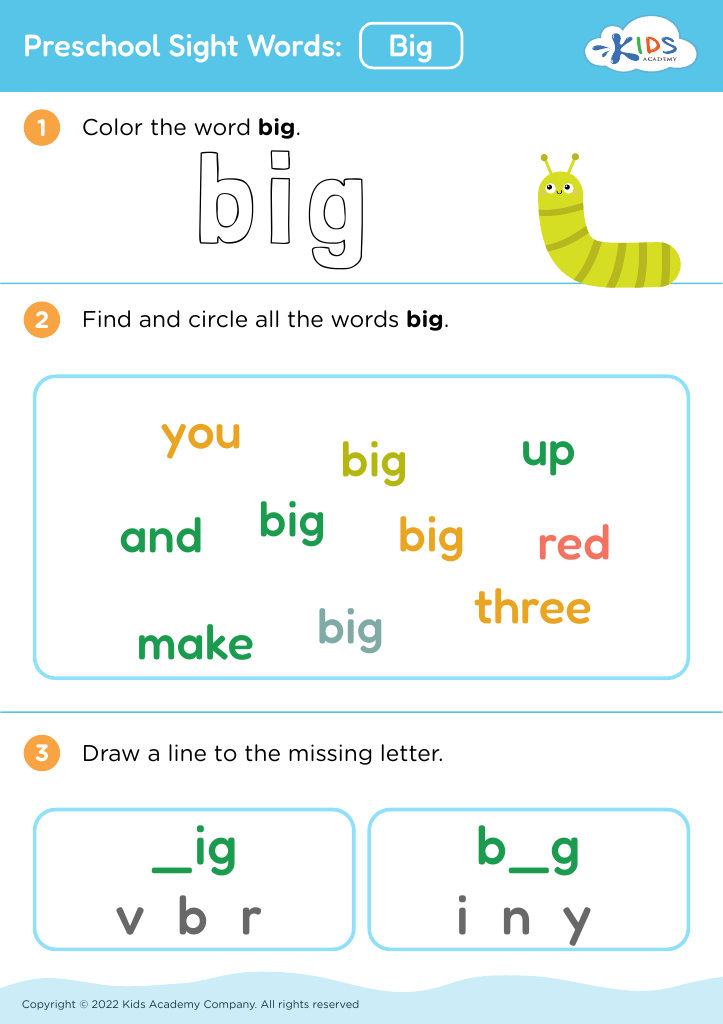
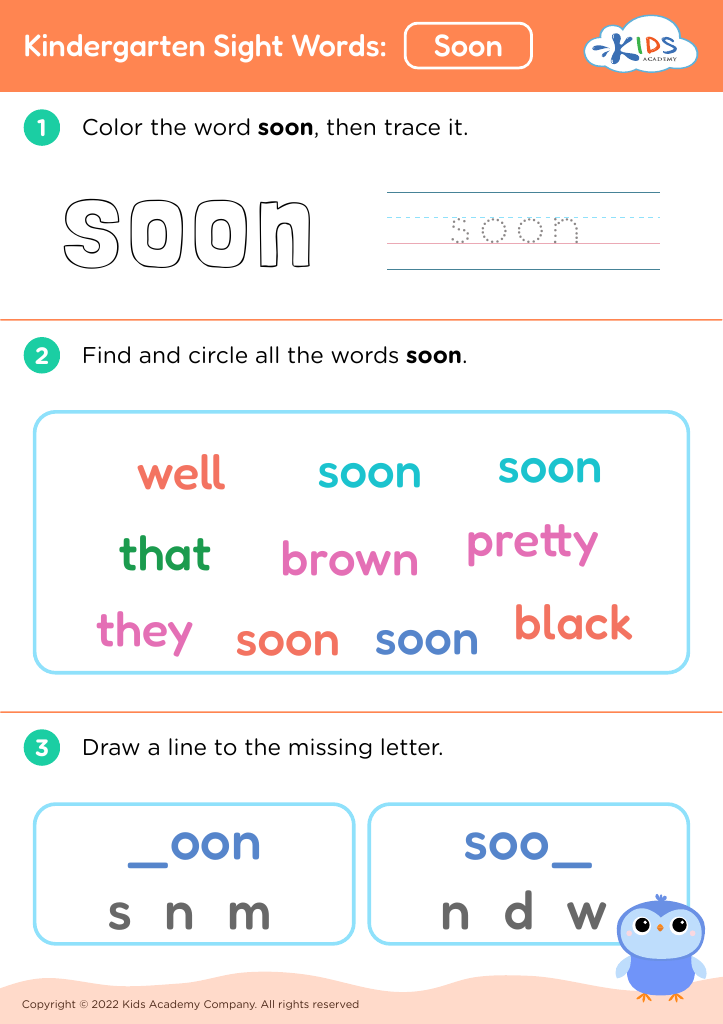

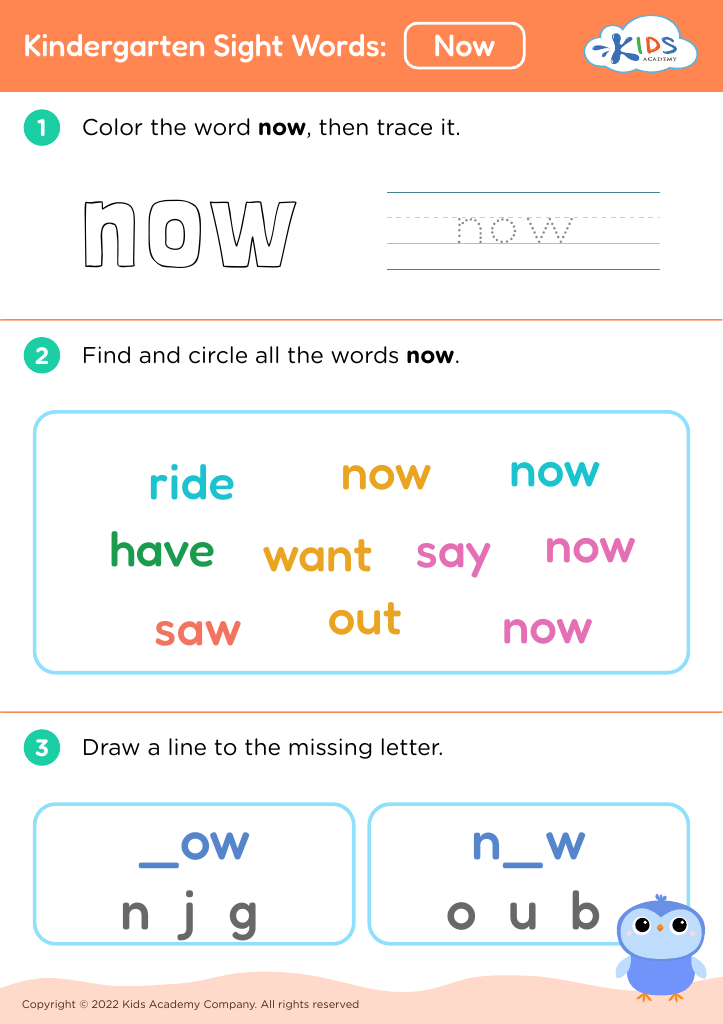
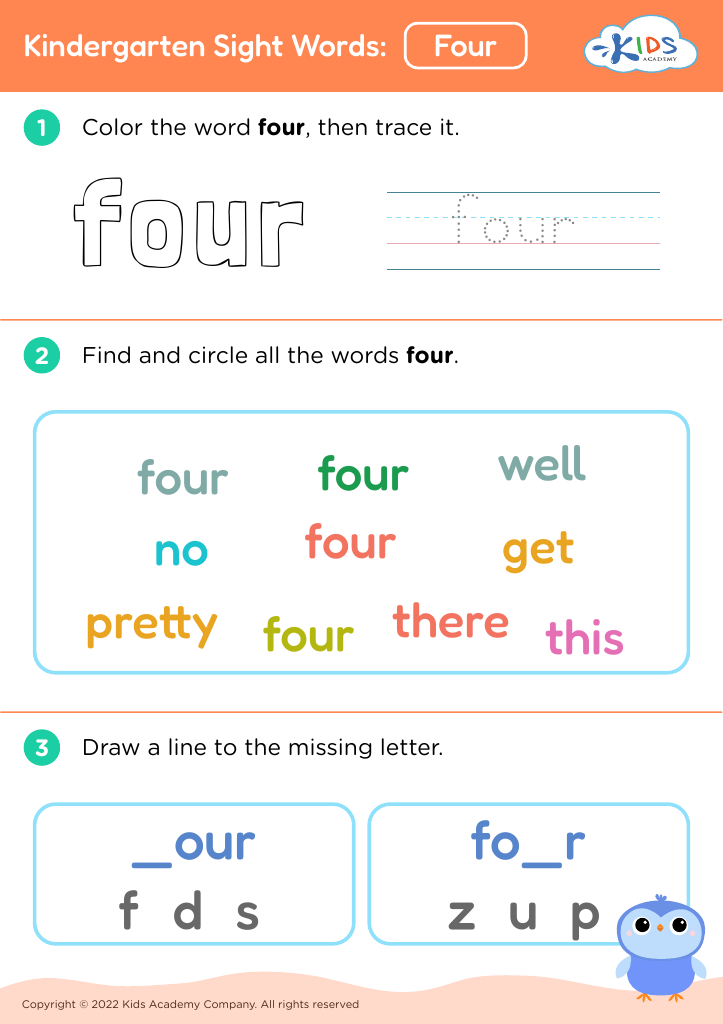
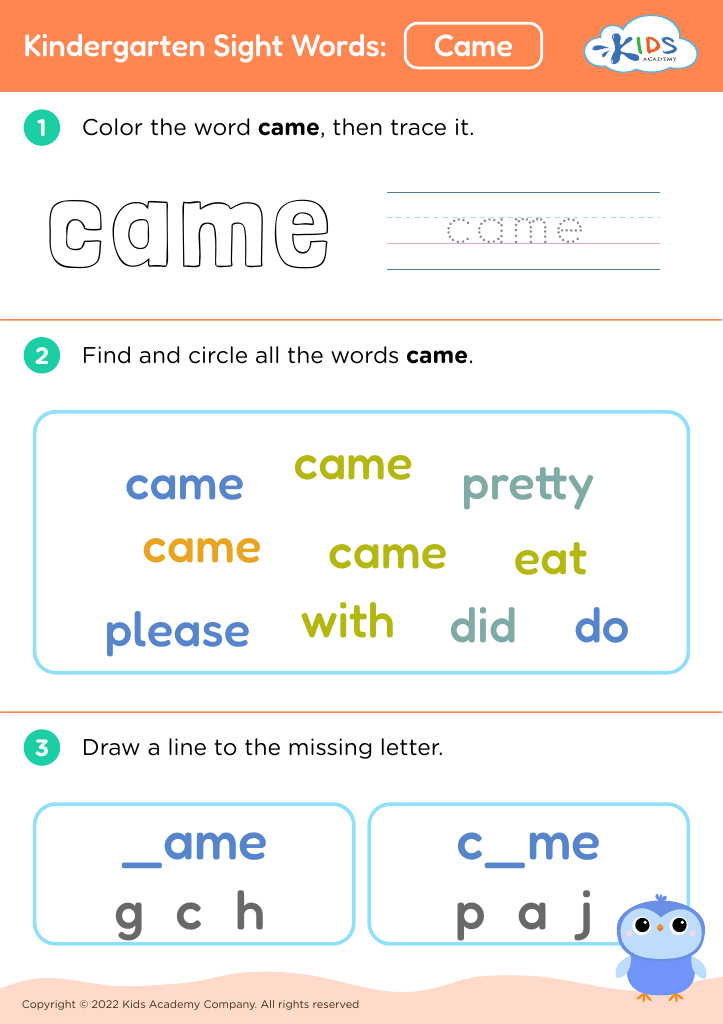



.jpg)















